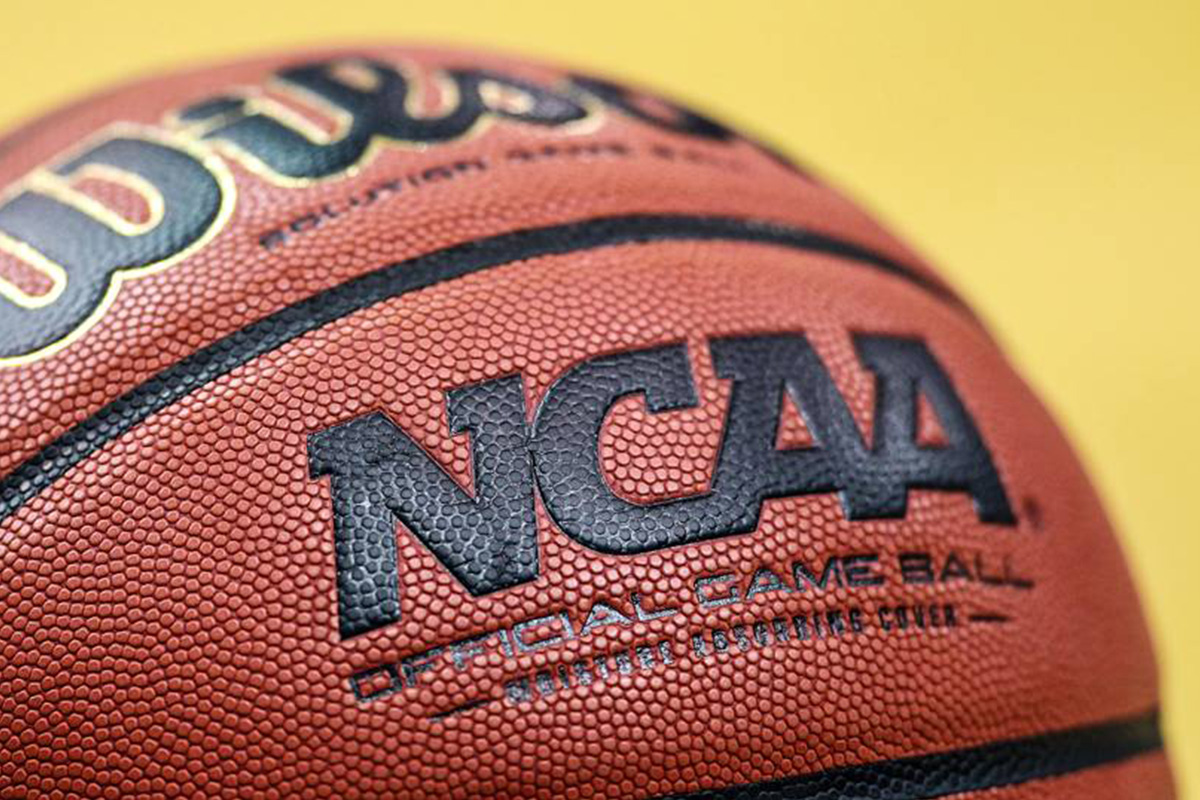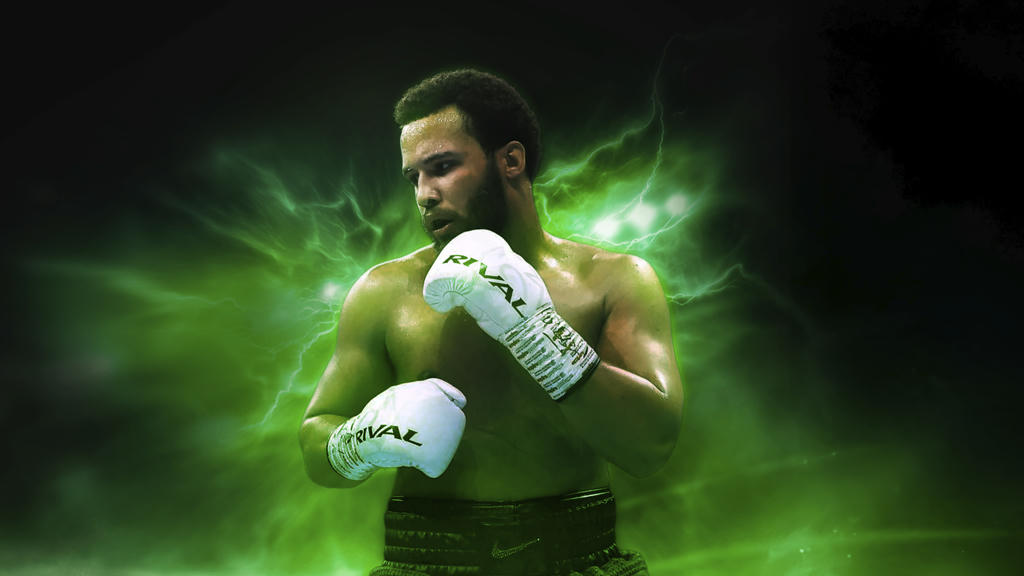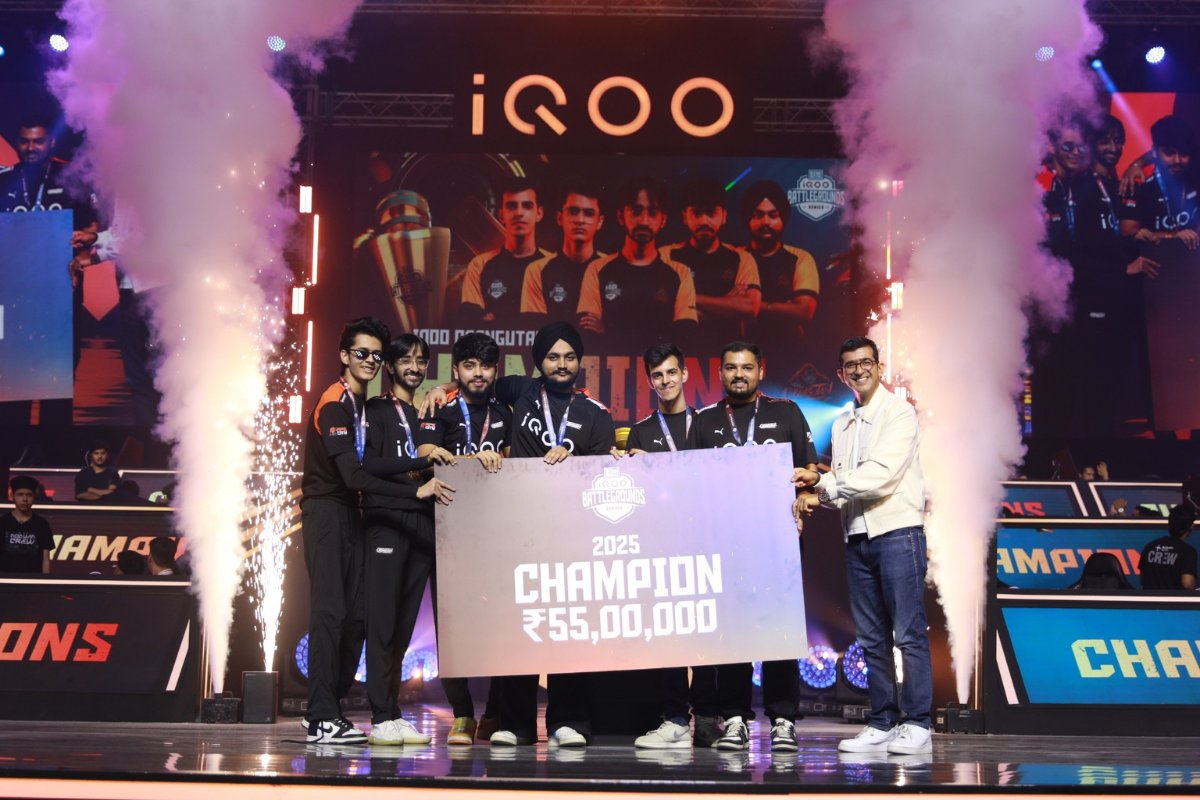Gambling in the USA
NCAA to study impact of betting on college sports

The National Collegiate Athletic Association (NCAA) has constituted a team of experts who would conduct a study on the impact of legal sports betting on college sports, especially athletics.
The new study assumes significance following the US Supreme Court ruling that overturned the Professional and Amateur Sports Protection Act (PASPA), the law that prevented states from regulating sports wagering. The NCAA opposes New Jersey’s efforts to legalise betting while PASPA was in effect. It has already raised its concerns about how the betting industry could impact sports at the college level.
“While we certainly respect the Supreme Court’s decision, our position on sports wagering remains,” NCAA chief legal officer Donald Remy said in the statement. “With this new landscape, we must evolve and expand our long-standing efforts to protect both the integrity of competitions and the well-being of student athletes.”
As the statement points out, NCAA rules bar student-athletes or employees of the athletic departments of member schools from wagering on sports, a policy that won’t be changing anytime soon. But the new study will try to figure out what impact legalised betting will have on NCAA operations, and what the organisation might be able to do in response.
Areas of investigation include the NCAA’s own rules, federal and state legislation, officiating, and the potential use of integrity services.
The NCAA has already had to modify its own rules as states have started to offer sports betting within their borders. The statement notes that the NCAA Board of Governors suspended the current championship policy in May, which previously had not allowed championship events to be located in states that offered sports wagering. That policy, among others, may see a more permanent update in the future.
NCAA Not Focused on Integrity Fees
While the statement acknowledges that some schools and leagues have considered attempting to gain some financial benefits from state gaming laws – a reference to calls for integrity fees – the NCAA says it will focus instead on creating consistent national guidelines for game integrity and ways to protect athletes.
West Virginia and Marshall both argued in favour of receiving a small integrity fee when the state of West Virginia debated sports betting, but the final bill did not include any such royalties for schools or professional sports leagues. According to an ESPN.com report, universities including Connecticut, Rutgers and Missouri have also met with representatives from professional leagues to discuss whether they might be able to receive an integrity fee. So far, no state sports betting legislation has passed while including such payments.
In the time since the May Supreme Court decision, both Delaware and New Jersey have begun accepting bets on sports at casinos and racetracks. Mississippi, West Virginia, and Pennsylvania are all hoping to be in the next wave of states to do so, with many seeing the start of the NFL season as a target date for the launch of sportsbooks in these states.
Source: onlinegambling.com
-

 Interviews4 days ago
Interviews4 days agoHIPTHER Community Voices: Jurijs Rapoports – Chairman of the Board & Chief Operations Officer of Tonybet
-

 Latest News6 days ago
Latest News6 days agoBest 25+ Provably Fair Crypto Casinos & Gambling Sites 2025
-

 Latest News6 days ago
Latest News6 days ago10 Best Bitcoin Casinos: Top Bitcoin & Crypto Gambling Sites of August 2025 Ranked!
-

 Africa6 days ago
Africa6 days agoLogifuture-powered Bet9ja partners with heavyweight boxing sensation Moses Itauma
-

 Latest News6 days ago
Latest News6 days agoBest Crypto Casinos 2025: 5 Top Bitcoin & Crypto Casino Sites For Instant Withdrawals (August Update)
-

 Latest News5 days ago
Latest News5 days ago10+ Best Tether (USDT) Online Casinos & Gambling Sites 2025
-

 Latest News6 days ago
Latest News6 days ago10 Best Online Casinos Europe in 2025 | Listed Top-Rated European Casino Sites (Latest Update)
-

 Asia6 days ago
Asia6 days agoOrangutan Gaming crowned champions of the inaugural iQOO Battlegrounds Series; bag INR 55 lakh in prize money


















